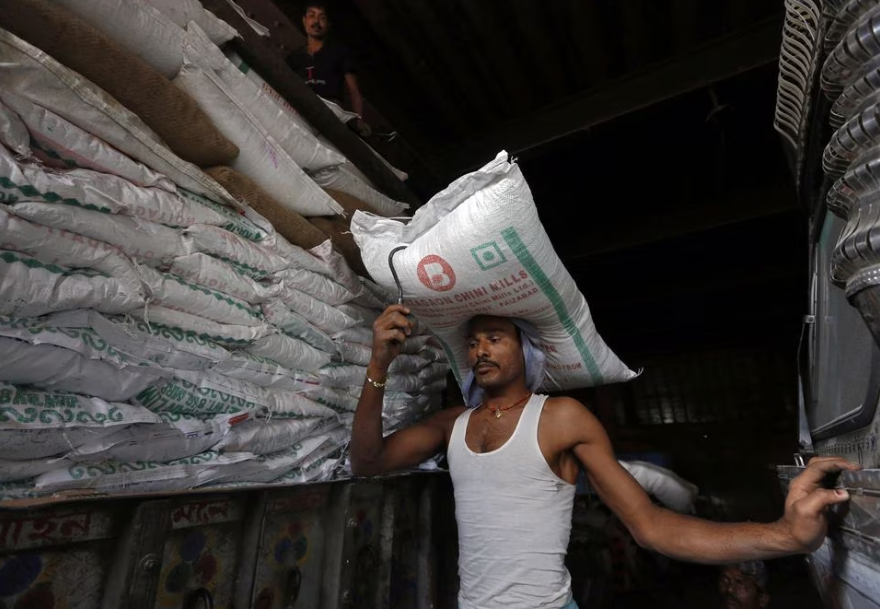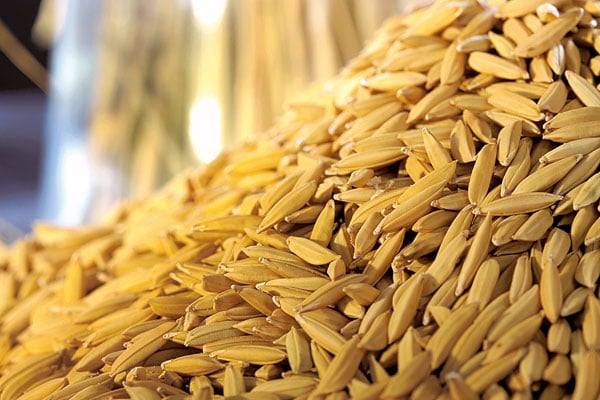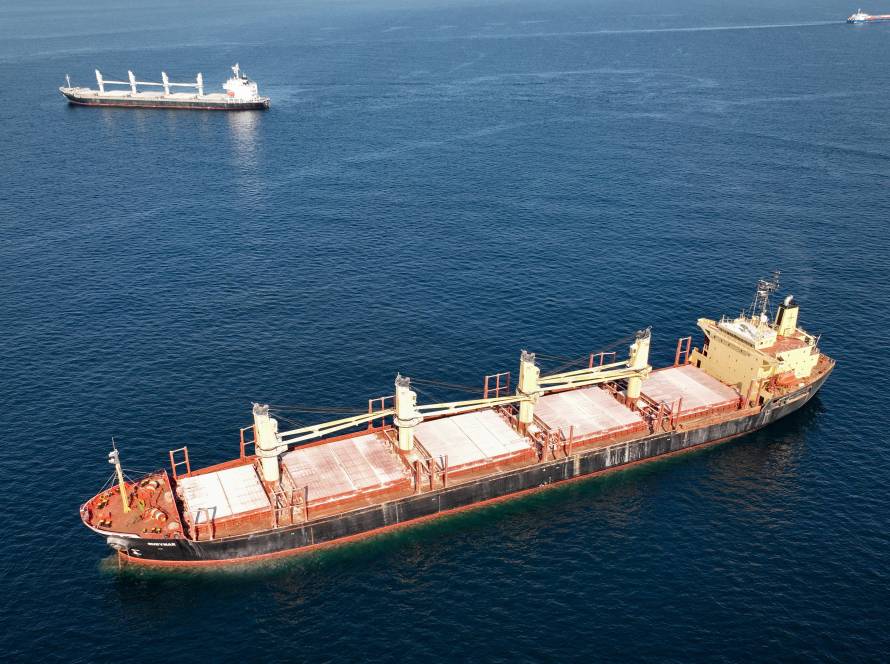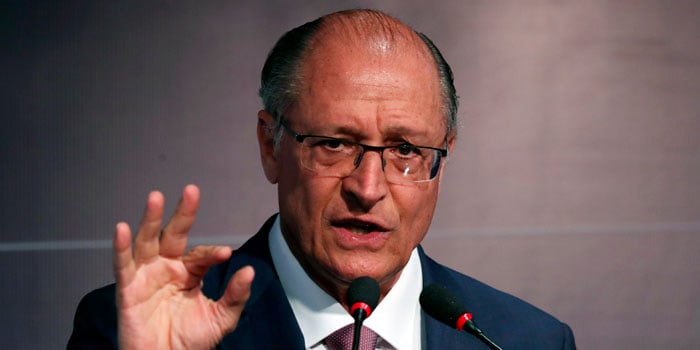![]()
By Roberto Samora
SAO PAULO (Reuters) - Brazil's coffee export industry sees an opportunity to export more canephora beans (robusta and conilon) to the United States, as the South American country received a base tariff of 10% from Donald Trump, while the biggest suppliers of the variety, Vietnam and Indonesia, had higher tariffs of 46% and 32%.
This is the scenario if the sector fails to reverse the tariffs, at a time when the North American industry has been demanding that the Trump administration put coffee on an exception list exempt from tariffs, as the US is not a producer, while it is one of the largest consumers.
The expectation also considers that Vietnam, the largest producer and exporter of robusta beans, will not be able to reverse the tariffs in a separate negotiation.
“In the case of conilon, there would be an opportunity due to the higher tariffs of competitors, there are opportunities, but the scenario is more one of concern than of gains”, stated the general director of the Brazilian Coffee Exporters Council (Cecafé), Marcos Matos, when commenting on the broader impacts of the tariff war on the economy, including on the price of the commodity.
The United States was the main market for Brazilian coffee in 2024, with purchases of 8.13 million 60 kg bags, according to data from Cecafé, accounting for a share of 16% of total Brazilian exports, which exceeded 50 million bags last year.
Vietnam and Indonesia, on the other hand, account for about 2 million bags consumed in the U.S. market, Matos said, noting that most of that is robusta beans.
This gives an idea of the market size occupied by two important suppliers most affected by the tariffs announced by Donald Trump.
Although Brazil's exports are highly concentrated in Arabica beans, shipments of Brazilian canephora beans to all destinations exceeded 9 million bags in 2024.
In the 2025 harvest, whose harvest begins to reach the market at the end of April, experts expect a drop in the production of Brazilian Arabica, but a significant increase in canephora.
Regarding the broader impact of the trade war on the coffee market, Matos noted that coffee consumption tends to be “inelastic” even in crises, as was the case during the Covid-19 pandemic. But he expressed concern.
“Coffee tends to be resilient in economic crises…, but obviously it has limits, it can grow less,” he commented.
“Look at the size of the trade war between the US and China, the fear that this will contaminate, this will cause problems for the global GDP, and then everyone will lose…”
Cecafé did not carry out a survey of additional costs with the 10% tariff for Brazil – previously, the import of green coffee by the USA was exempt from taxes.
But considering that Brazil's export revenue to the US totaled around US$1.5 billion, the cost would be equivalent to a tariff of US$10.1 billion, Matos said.
“We could be in a much worse situation, we are at the minimum tariff…”, he said, considering that Brazil is in a position to at least maintain its share of sales to the US.
A more favorable scenario, however, would be for the U.S. government to include coffee in an exception list with zero tariffs. Matos argued, based on studies of the sector in the U.S., that for every dollar related to imported coffee, there is the generation of US$$43 for the North American economy. He also said that the sector generates 2.2 million jobs.
“We are trying to go on that side (of the exception list), showing the benefit of coffee for the economy.”
(By Roberto Samora)




